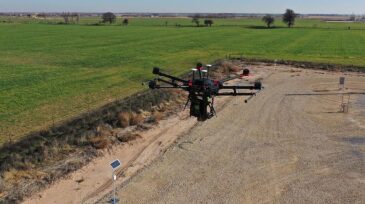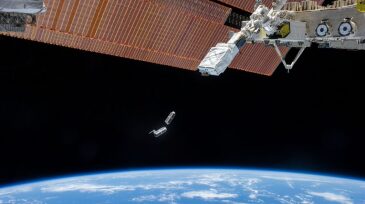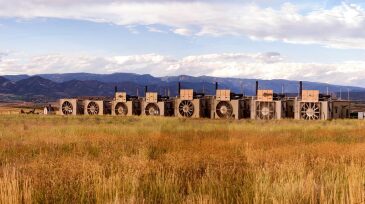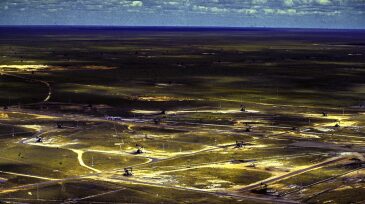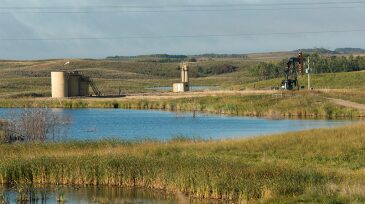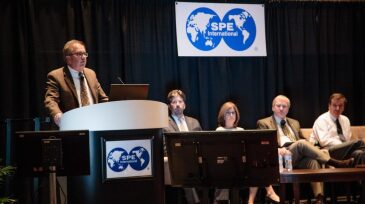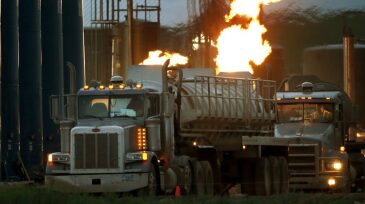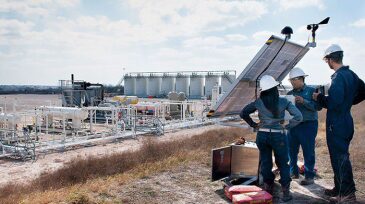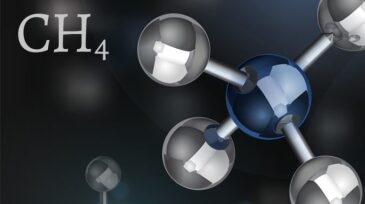Emission management
EERC CEO Charles Gorecki outlines how applied research in North Dakota is helping improve oil recovery, reduce emissions, and advance carbon storage.
Growing energy transition investment highlights oil and gas technologies as key enablers.
A newly formed global coalition, Carbon Measures, aims to develop a ledger-based carbon accounting framework and champion market-based solutions to drive emissions reduction.
-
Drones will be just one of the tools that the service company uses in its drive toward net-zero carbon emissions.
-
Companies are bringing satellite monitoring to the unconventional oilfield—namely the Permian Basin—where they are training machine learning models to track and predict drilling and completions work.
-
The proposal would rollback requirements for testing and fixing fugitive methane leaks in oil and gas operations. It would save millions in regulatory costs, but the estimated increase in methane emissions is controversial.
-
Methane monitoring using improved methods is detecting more gas in the atmosphere, increasing the need for better ways to eliminate releases.
-
With the API and a multi-operator group passing separate programs aimed at reducing methane emissions, the discussions on what defines an acceptable level of regulation continues within the industry.
-
A task force from The Academy of Medicine, Engineering, and Science of Texas has released a comprehensive analysis of the effects the North American shale boom has had on the environment and communities in Texas.
-
In recent years there has been a spike of research to determine what the extent of emissions are from fracked oil and gas wells. While much discussion has surrounded methane emissions, a greenhouse gas, less attention has been paid to air toxics.
-
The Stanford University and Environmental Defense Fund launched a challenge for mobile methane leak monitoring technology. ExxonMobil will serve as a technical adviser.
-
Although a federal court temporarily thwarted EPA’s suspension of methane emissions regulations in early July, several states have formed an alliance to keep the ball rolling, and EPA’s most recent data show the industry has made significant strides in decreasing these emissions.
-
On 16 June 2017, the Alberta Oil Sands Advisory Group released its report Recommendations on Implementation of the Oil Sands Emissions Limit Established by the Alberta Climate Leadership Plan.




